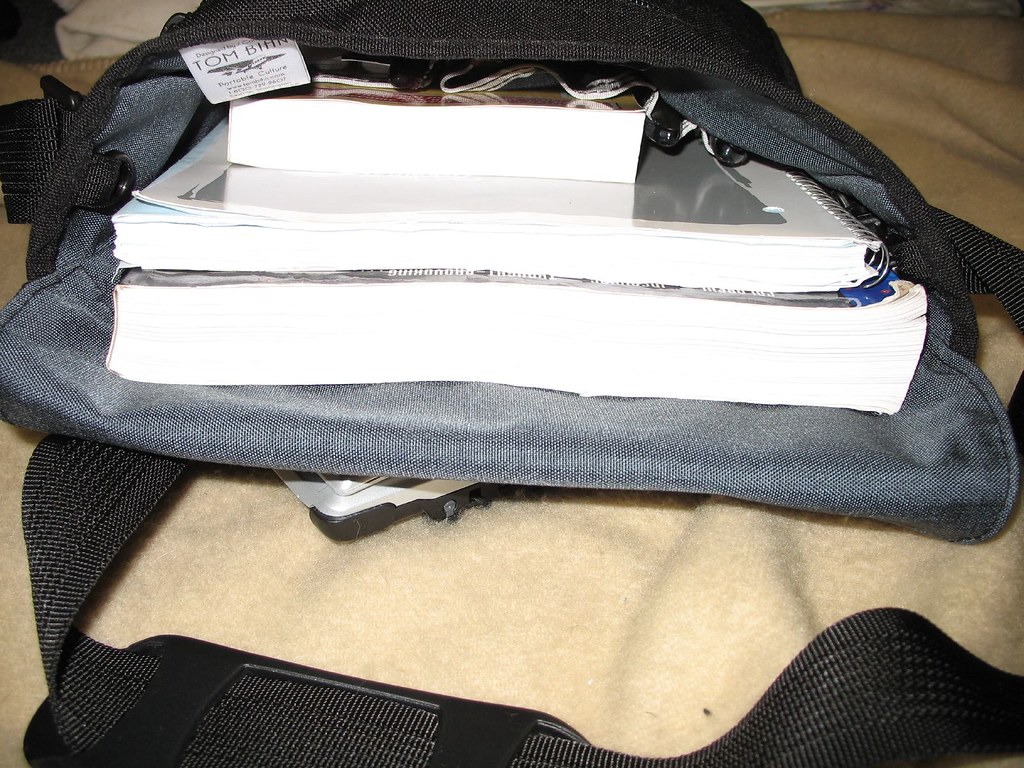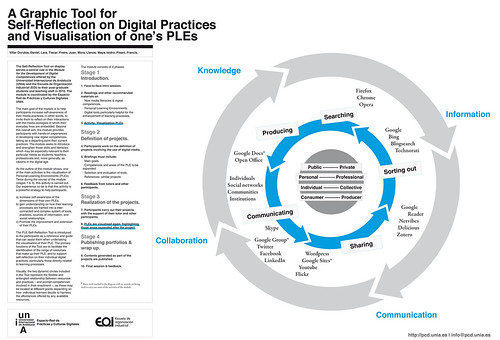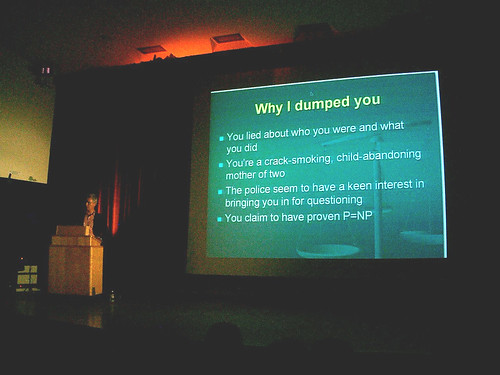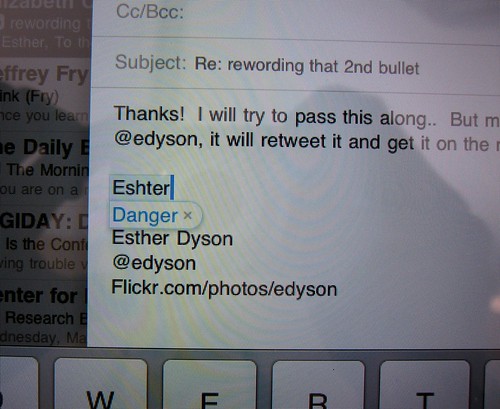Reflective Post
During my Introduction to Technology class at Florida SouthWestern State College, I learned more than I though I was going to. When I first heard the about the class, I was thinking it was going to be a basic "how-to" type thing. There is to much more to technology than I really ever thought about before. The extent of my technology usage included emails, Google, and my phone. There are also a few other common things on the computer that i knew how to do. However, this class really did help a lot! Most of the stuff, I never would have even though of. I did not know there was such thing as digital bookmarking and social bookmarking. I did not know how to even start a blog, but as we can see, I have figured that part out.
In the beginning of class, i tried to hold off on getting the textbook and that was the complete wrong thing to do for this class! It was extremely helpful using it for the other blog posts and being able to use that as a reference whenever I needed while I was writing. There were times that I had read sections over and over and over just to make sure I had the full understanding of it. There were also times when I was adding to the discussion posts but I was not sure where to start. When that happened, I would skim through some of the others that were already posted and after looking at a few, I understood the assignment a little better. The discussion posts are a great for classmates to interact with each other.
I also really lied the activities that were part of this class. I really liked the group projects and actually having group members that were interested in the same general thing that I am. That made it a lot easier and cut out the extra time it would have taken to come up with something for the lesson plan if we had different teaching ideas or styles.
In the beginning of class, i tried to hold off on getting the textbook and that was the complete wrong thing to do for this class! It was extremely helpful using it for the other blog posts and being able to use that as a reference whenever I needed while I was writing. There were times that I had read sections over and over and over just to make sure I had the full understanding of it. There were also times when I was adding to the discussion posts but I was not sure where to start. When that happened, I would skim through some of the others that were already posted and after looking at a few, I understood the assignment a little better. The discussion posts are a great for classmates to interact with each other.
I also really lied the activities that were part of this class. I really liked the group projects and actually having group members that were interested in the same general thing that I am. That made it a lot easier and cut out the extra time it would have taken to come up with something for the lesson plan if we had different teaching ideas or styles.
Photo Credit to tom_veatch on Flickr
Resources:
Maloy, Robert, Verock-O’Loughlin,Ruth-Ellen, Edwards, Sharon A., and Woolf, Beverly Park (2013). Transforming Learning with New Technologies. 2nd Edition. Boston, MA: Pearson Education, Inc.
tom_veatch [Image]. (April 2016). Retrieved on May 3, 2016 website: Flickr.com
tom_veatch [Image]. (April 2016). Retrieved on May 3, 2016 website: Flickr.com






